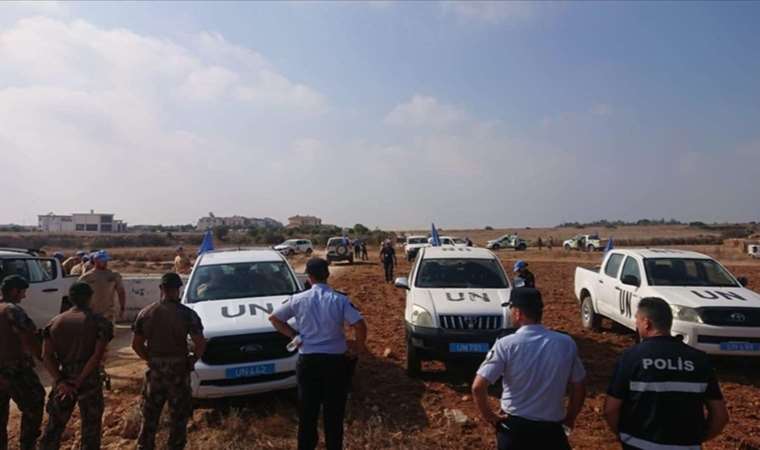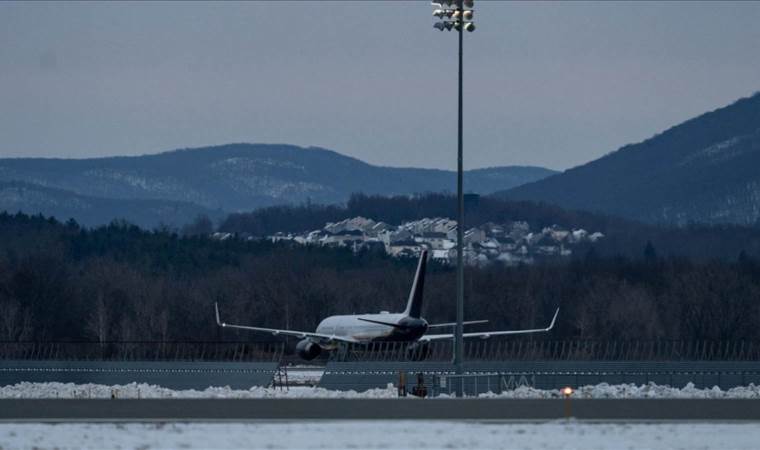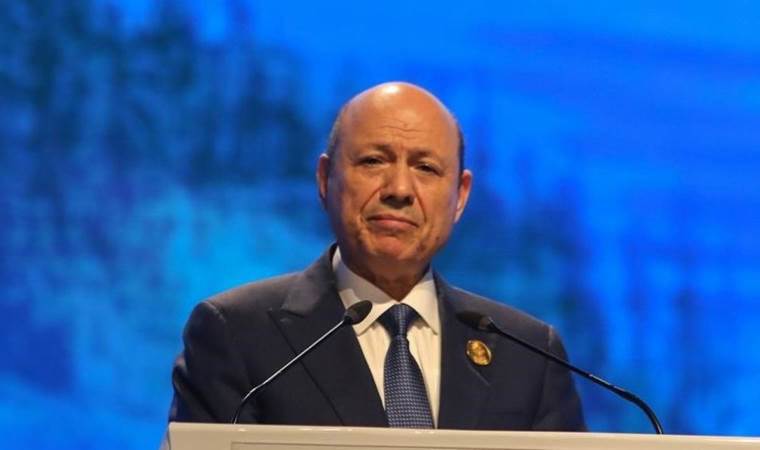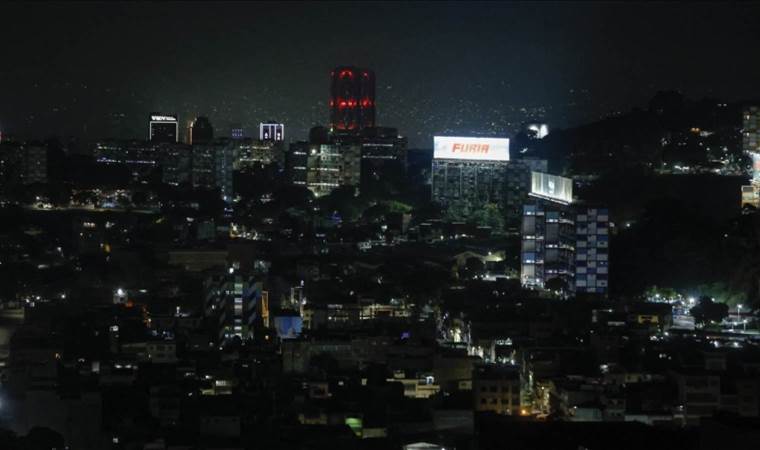UN's Response to Alleged Double Standards in Cyprus Sparks Questions
The United Nations (UN) faced scrutiny on Thursday as it declined to clarify why it adopted differing approaches towards developments in the Turkish Republic of Northern Cyprus (TRNC) and those initiated by Greek Cypriots. Inquiries were made regarding the UN's Peacekeeping Force in Cyprus (UNFICYP) and its distinct responses to actions by the Greek Cypriot administration and TRNC during a press conference.

The questioning was triggered by historical instances, including events in 1996, 2003, 2004, 2012, and 2020, where the Greek side undertook construction, military fortification, and the establishment of a university within the buffer zone, potentially violating Turkish Cypriot property rights.
The Turkish Ministry of Foreign Affairs highlighted that some of these actions encroached upon Turkish Cypriot land. Yet, observers noted that while the UN and UNFICYP merely documented Greek Cypriot projects in various reports without condemnation or intervention, they appeared to halt a humanitarian project vital for access in the TRNC.
A reporter posed the question, stating, "Given these disparities, how do you justify the distinct treatment of both sides? Isn't the UN and UNFICYP obligated to ensure equal treatment?"
In response, UN associate spokesperson Florencia Soto Nino acknowledged the need for a comprehensive review of the matter. She explained, "I don't have all the comprehensive details regarding the actions of the Cyprus peacekeeping mission. I urge you to first contact them for more insight. Rest assured, I'll delve into this matter and provide further information."
Despite the query's transmission via email, there has been no subsequent response from the spokesperson.
The incident that triggered this questioning involved UNFICYP's recent intervention in the construction of a road connecting the Turkish Cypriot village of Pile in the buffer zone with the wider TRNC. The expansion of this road, which spans 11.6 kilometers (7.2 miles), holds strategic importance for the residents, facilitating their movement between Pile and other areas within the TRNC.
Residents will benefit from shortened travel distances, no longer needing to navigate British bases when crossing into the Turkish side. The project's first 7.5 kilometers (4.66 miles) will traverse the Yigitler village, with the remaining 4.1 kilometers (2.55 miles) extending through Pile. The Greek Cypriot administration and the UN have expressed their opposition to the undertaking.
Most Read News
-
 After Neoliberalism... The Search for a New Model
After Neoliberalism... The Search for a New Model
-
 Pope urges end to violence, respect for sovereignty afte
Pope urges end to violence, respect for sovereignty afte
-
 Venezuela’s Maduro, wife under US custody in New York, a
Venezuela’s Maduro, wife under US custody in New York, a
-
 Yemeni presidency urges STC to lift movement restriction
Yemeni presidency urges STC to lift movement restriction
-
 UK should ‘go further’ in aligning with EU single market
UK should ‘go further’ in aligning with EU single market
-
 US operation in Venezuela kills at least 40 people: Repo
US operation in Venezuela kills at least 40 people: Repo
-
 US will 'run' Venezuela, says Trump after 'large scale'
US will 'run' Venezuela, says Trump after 'large scale'







